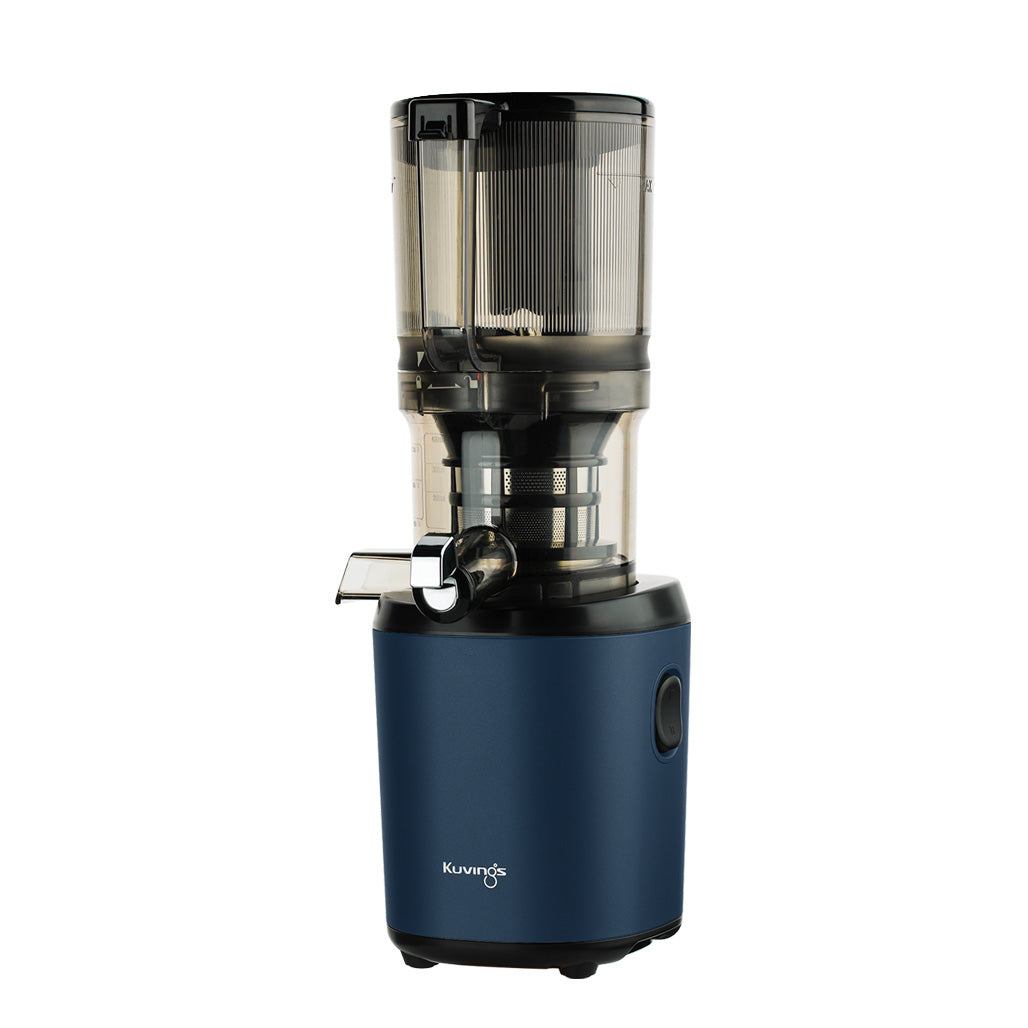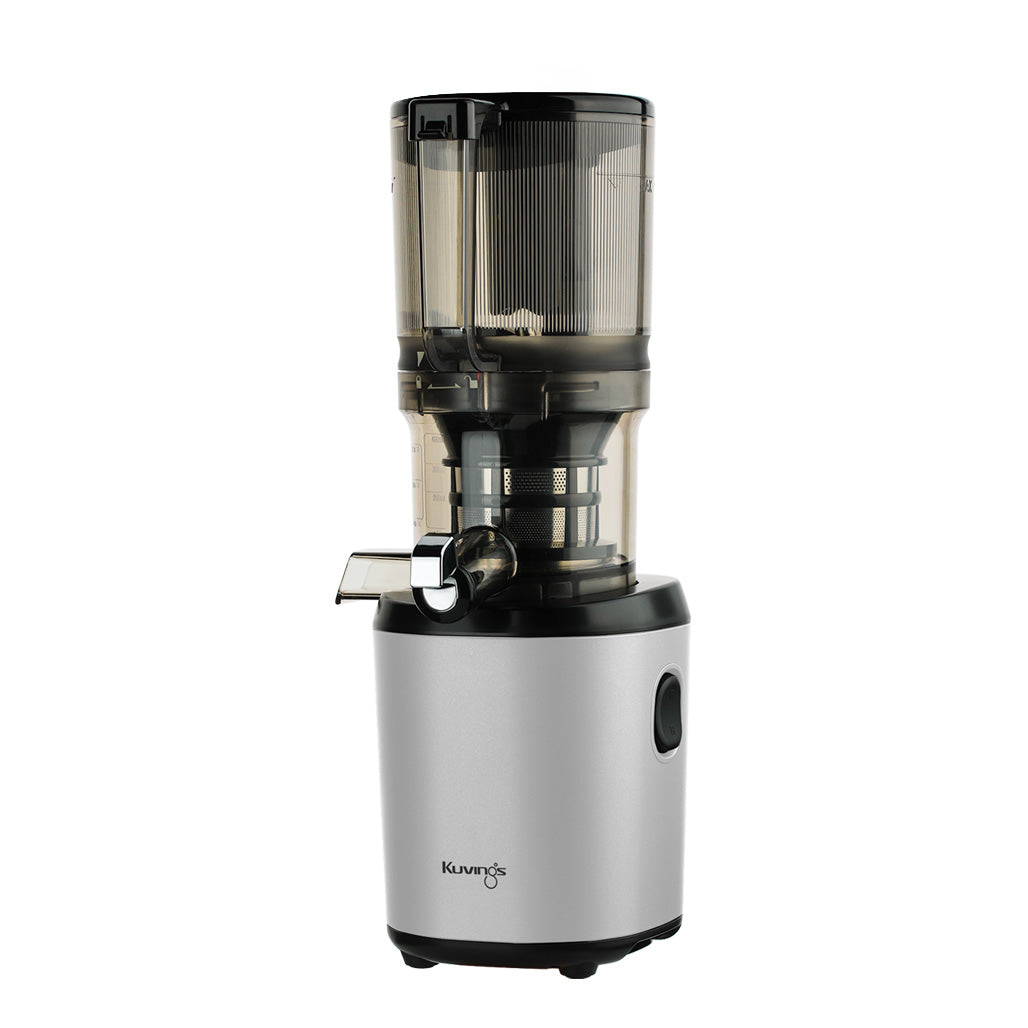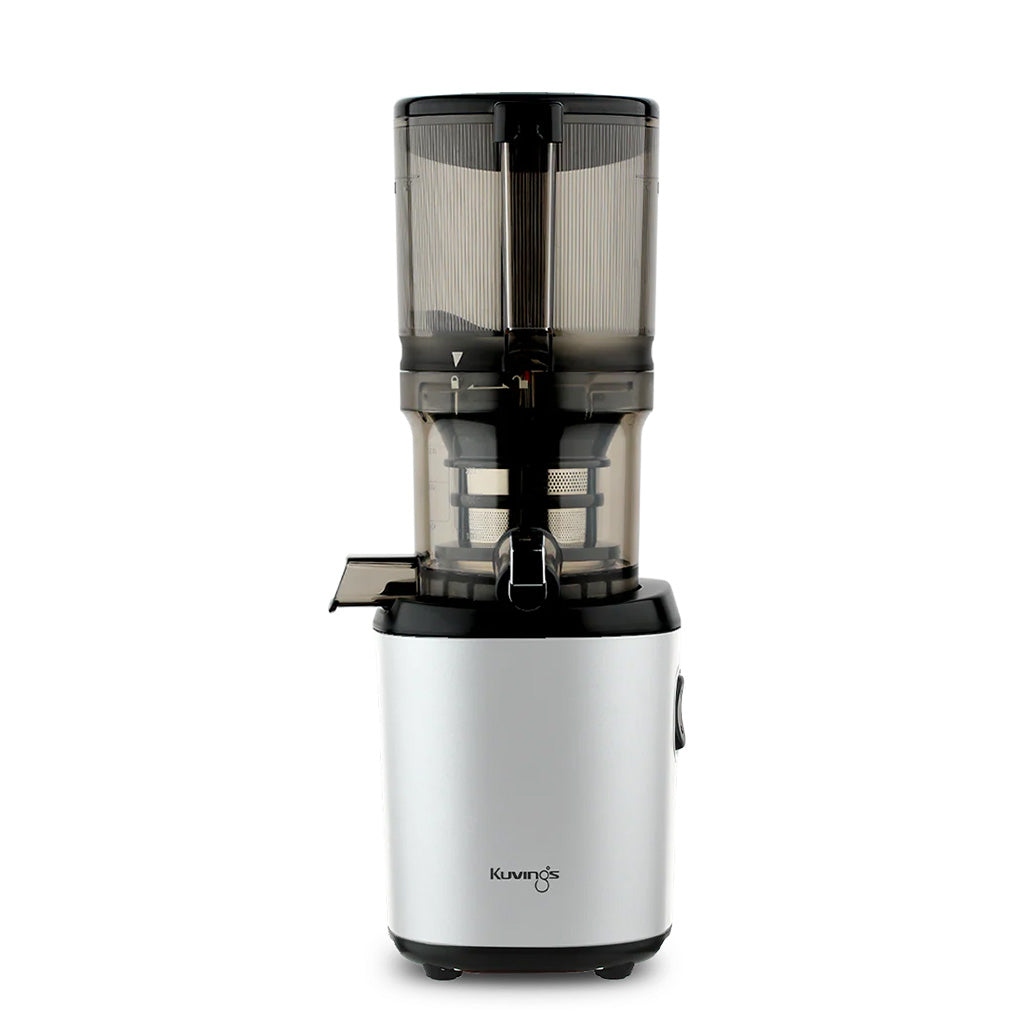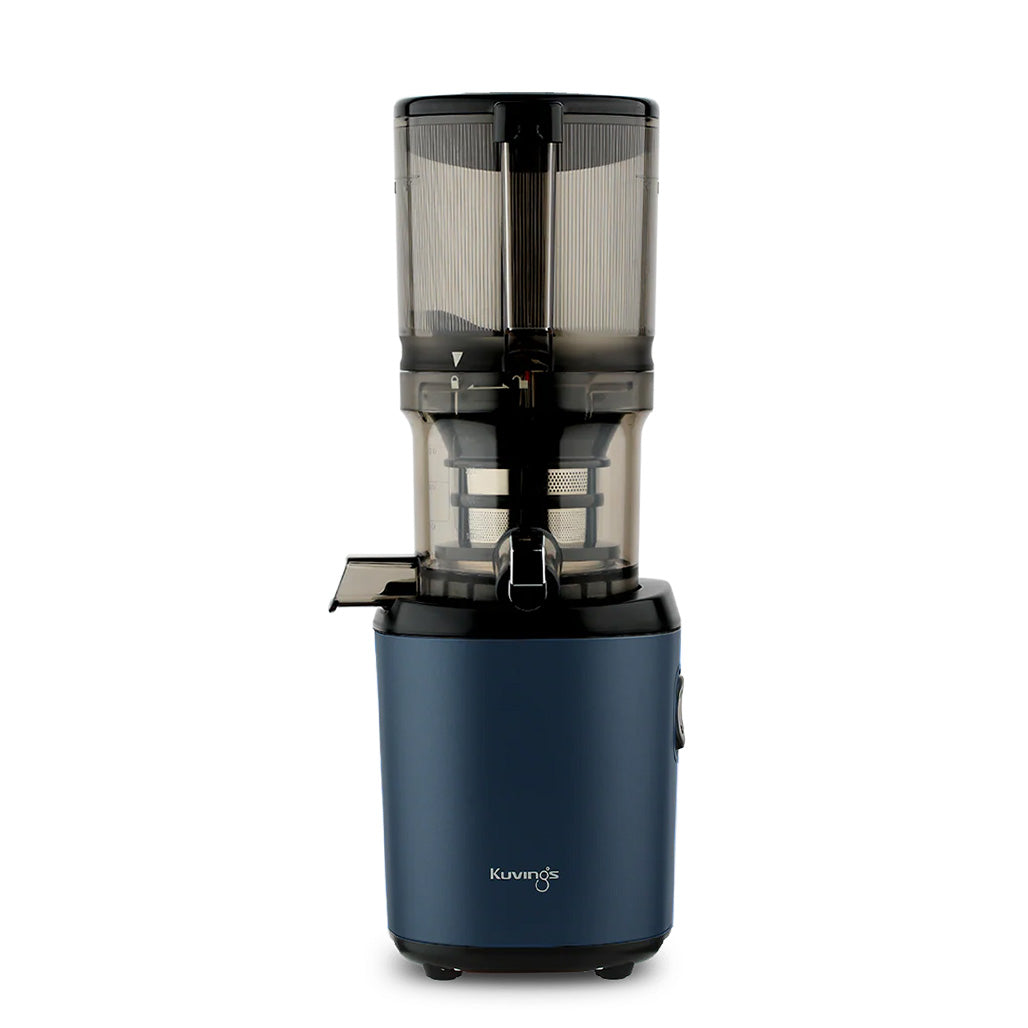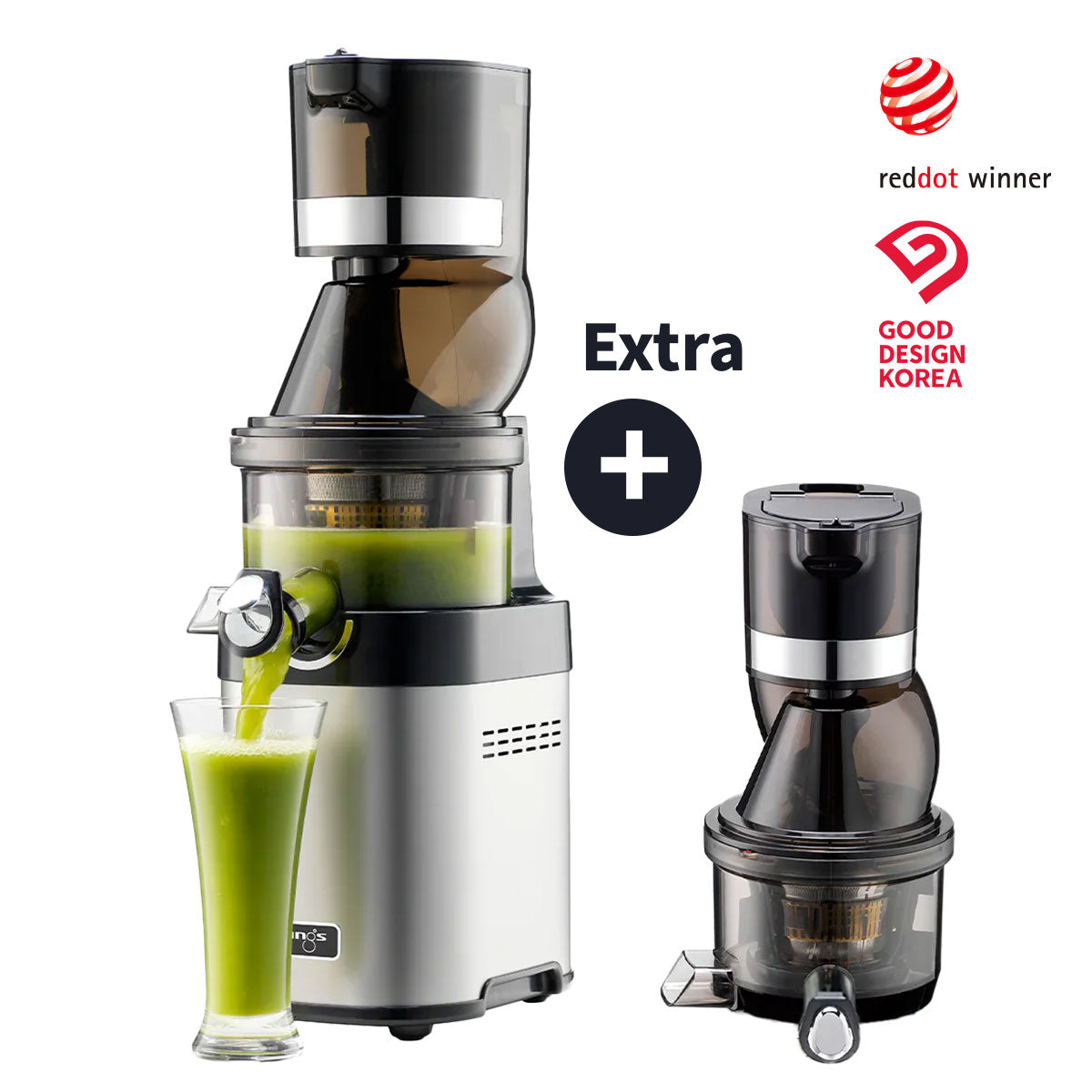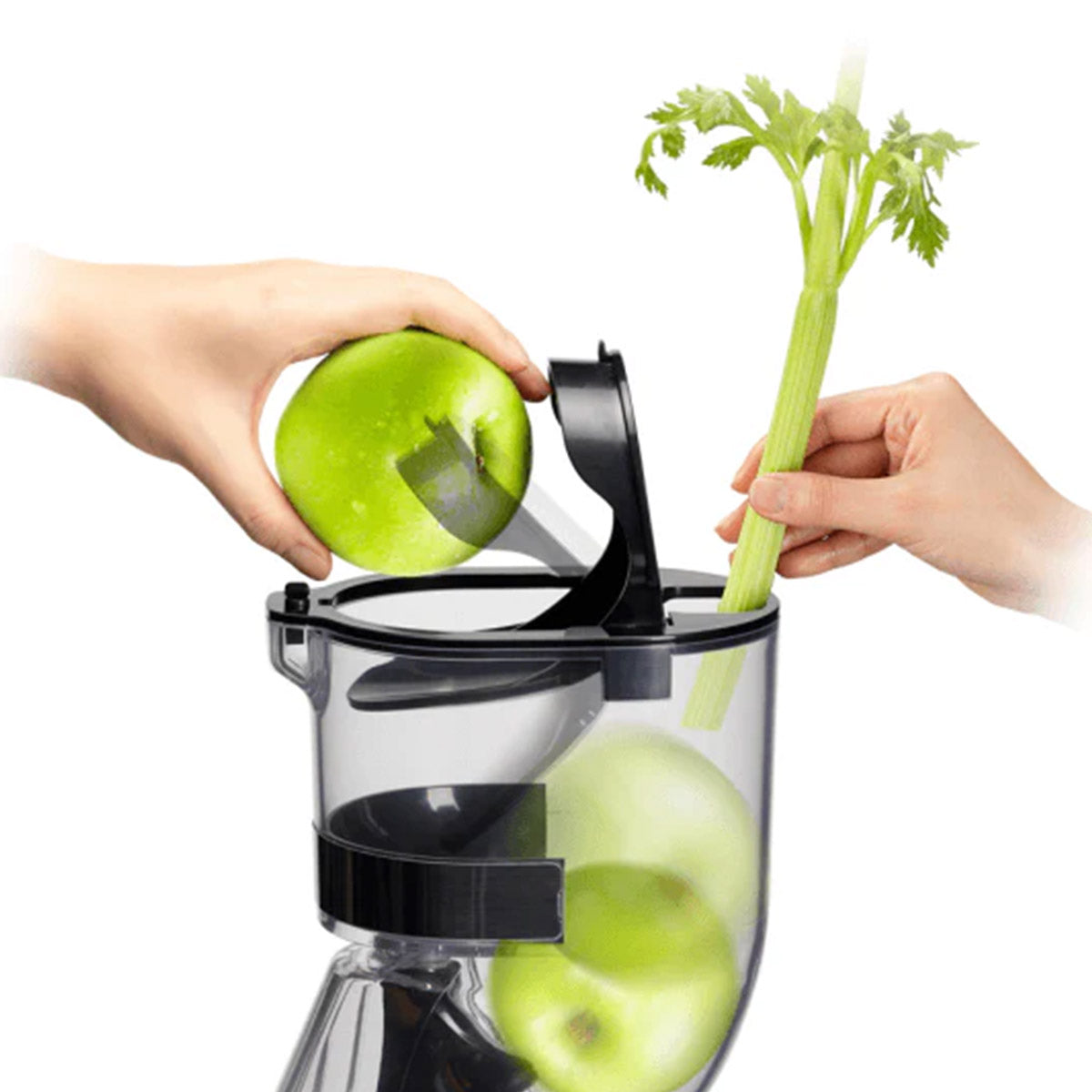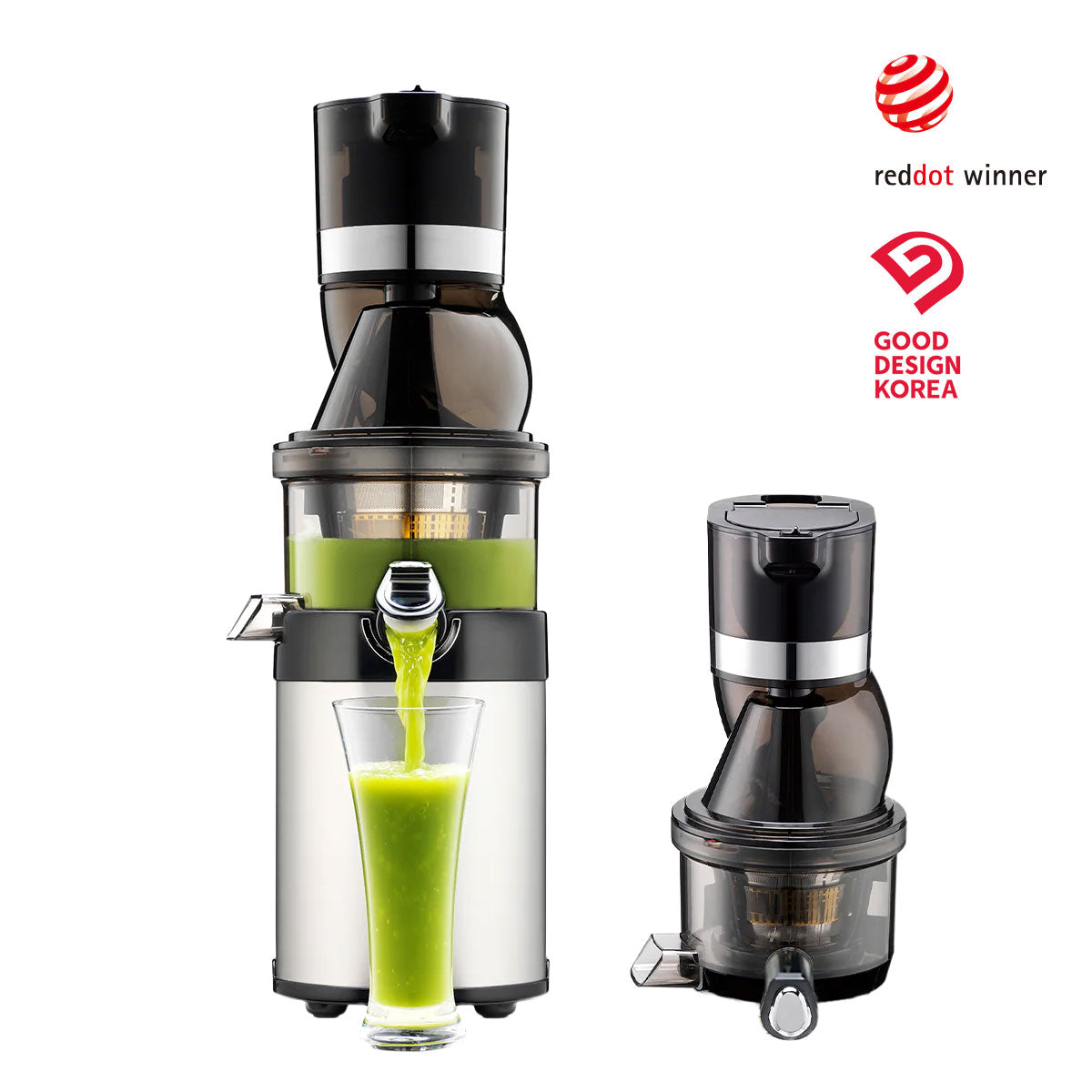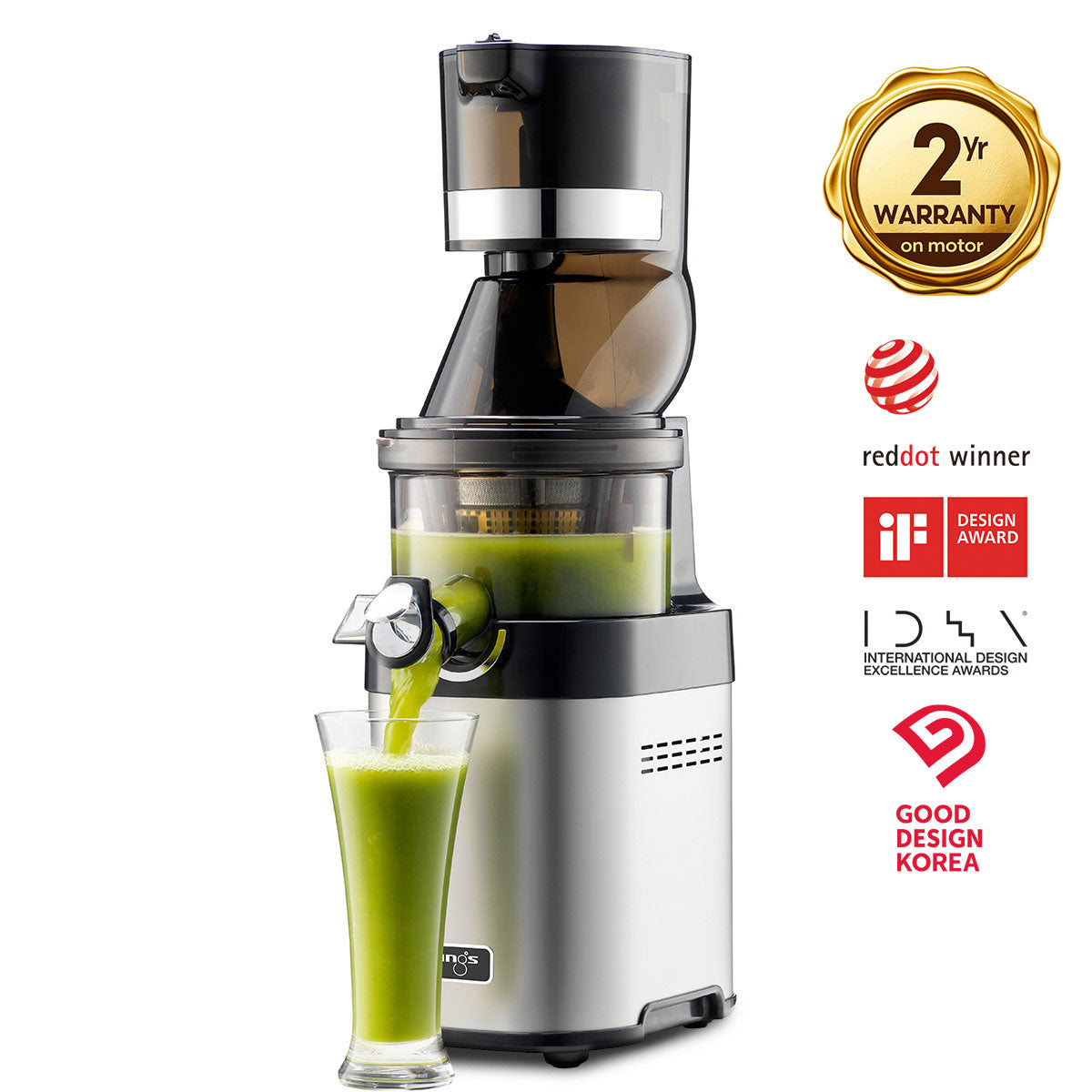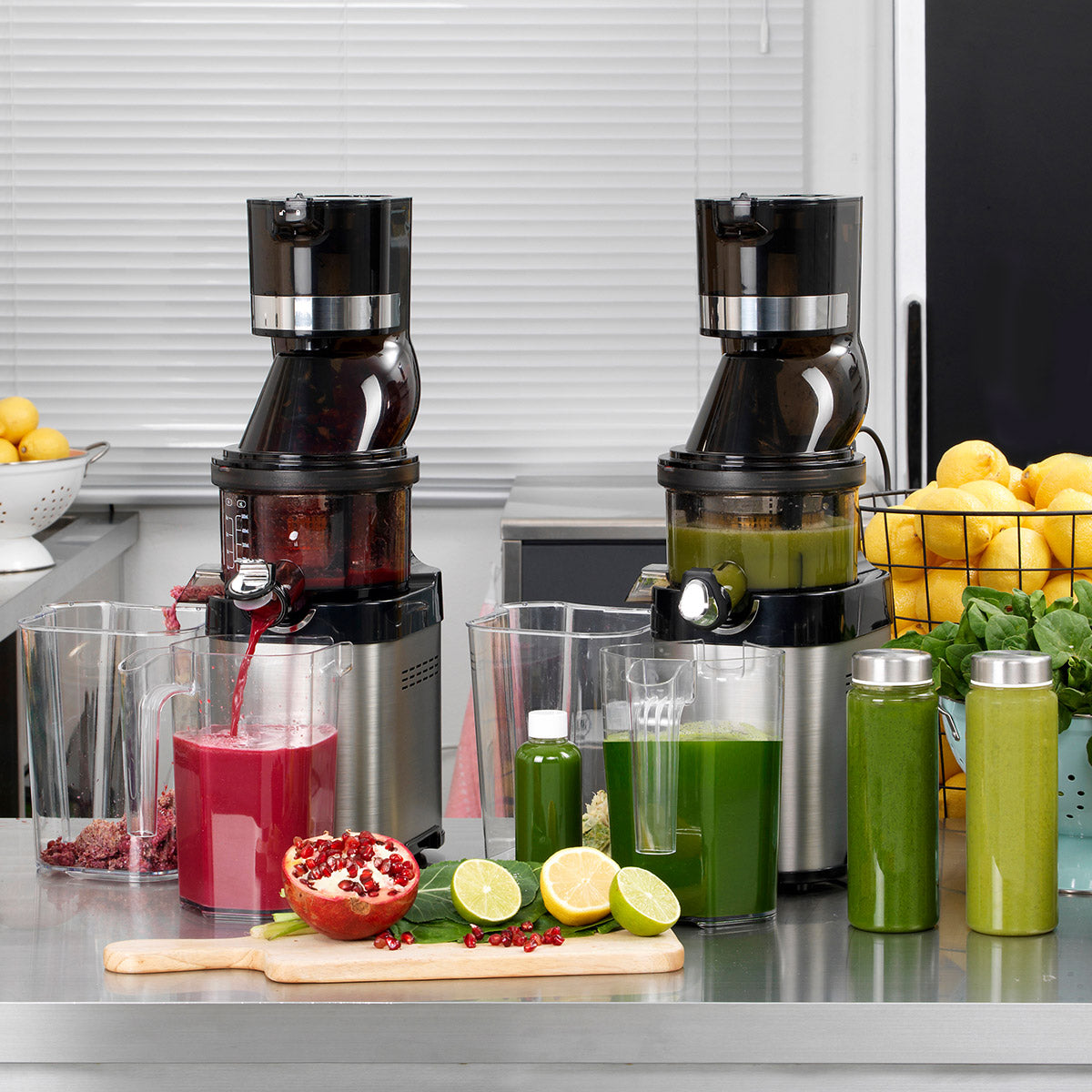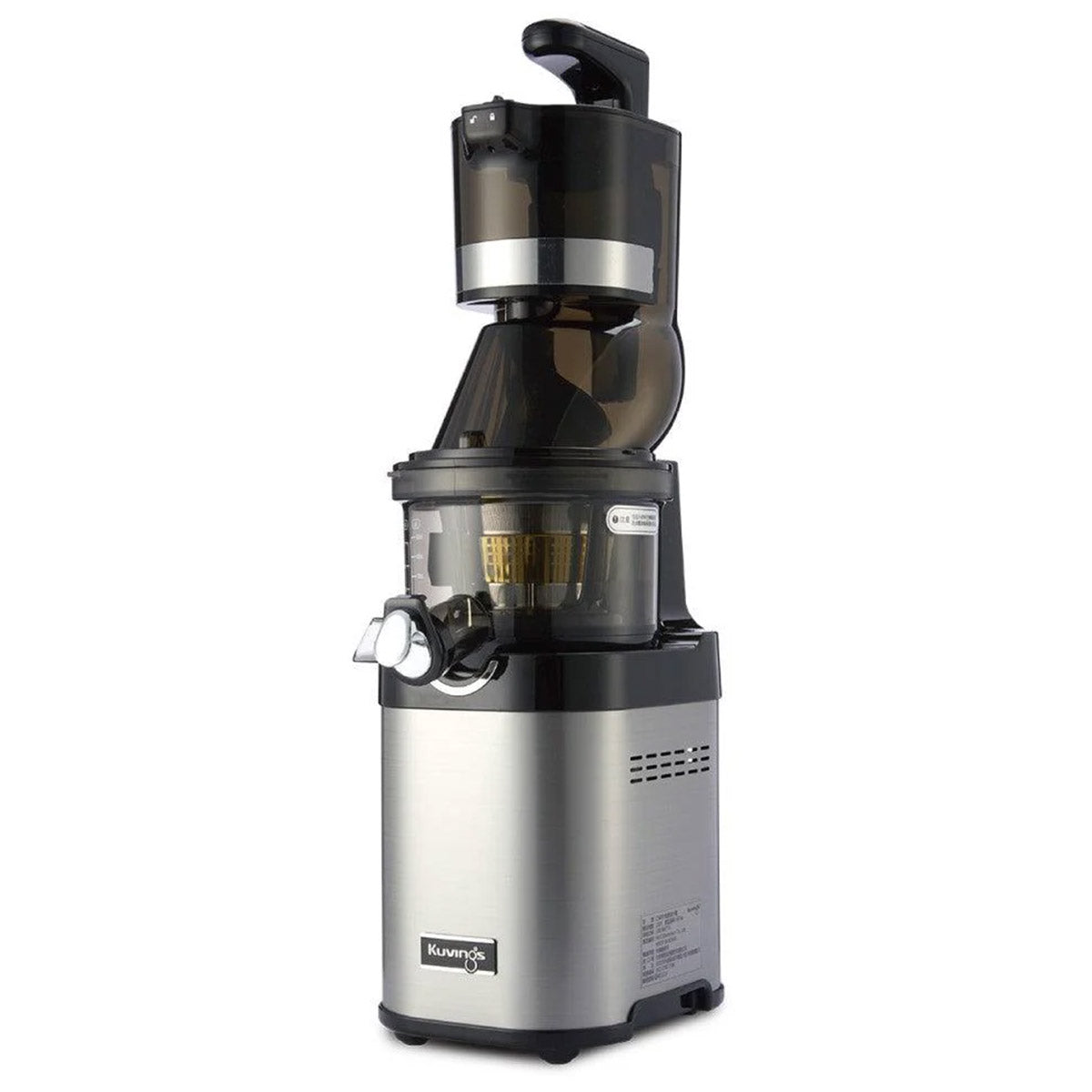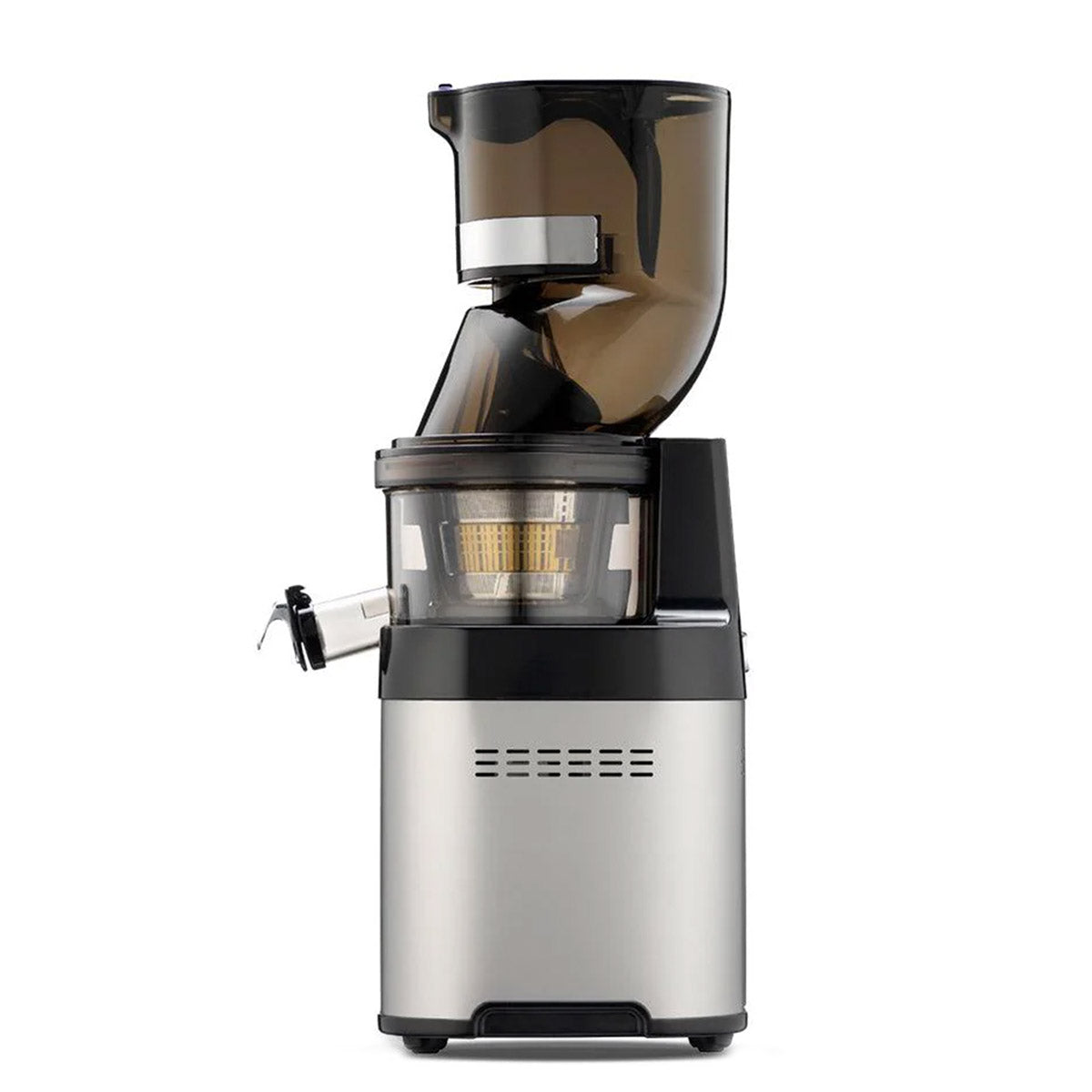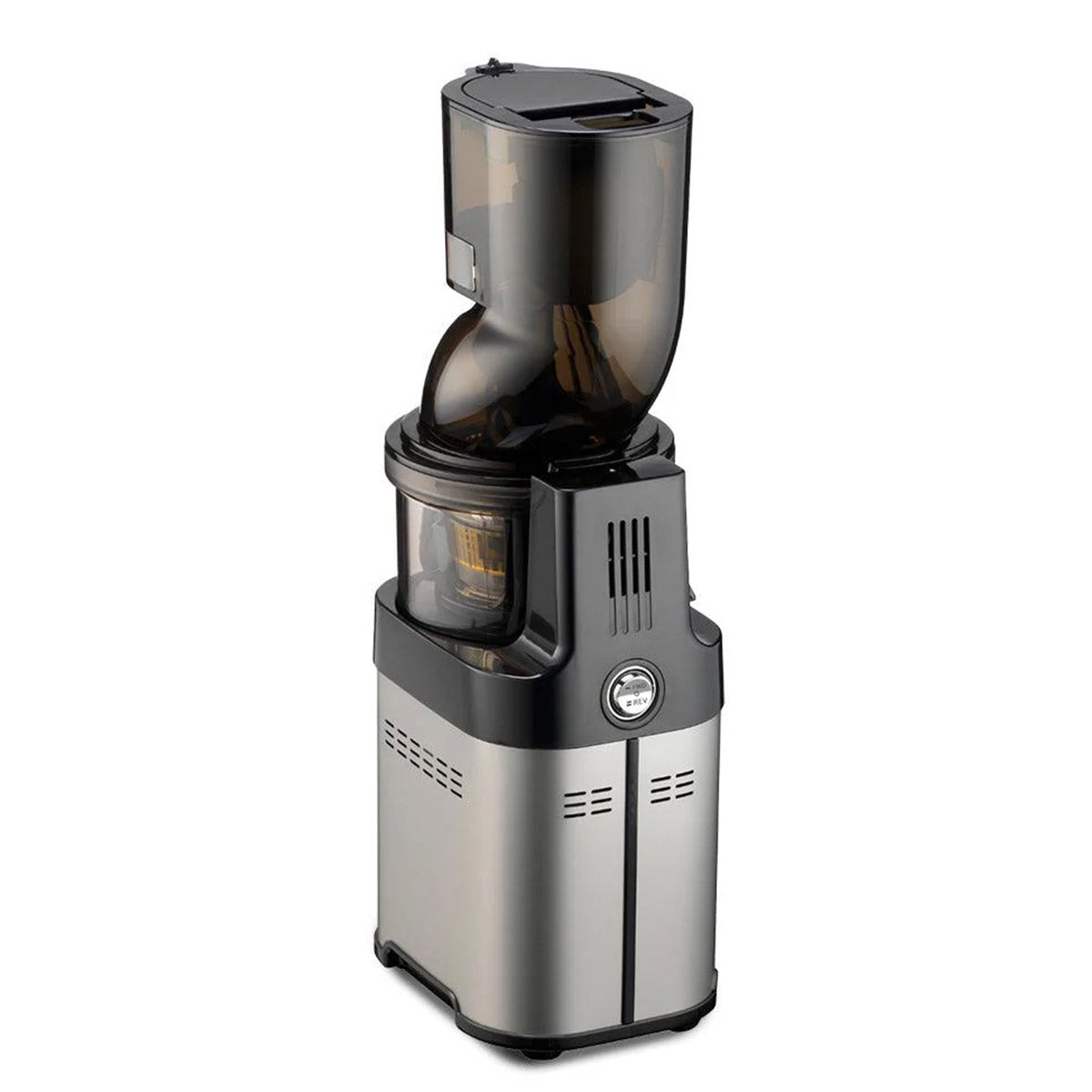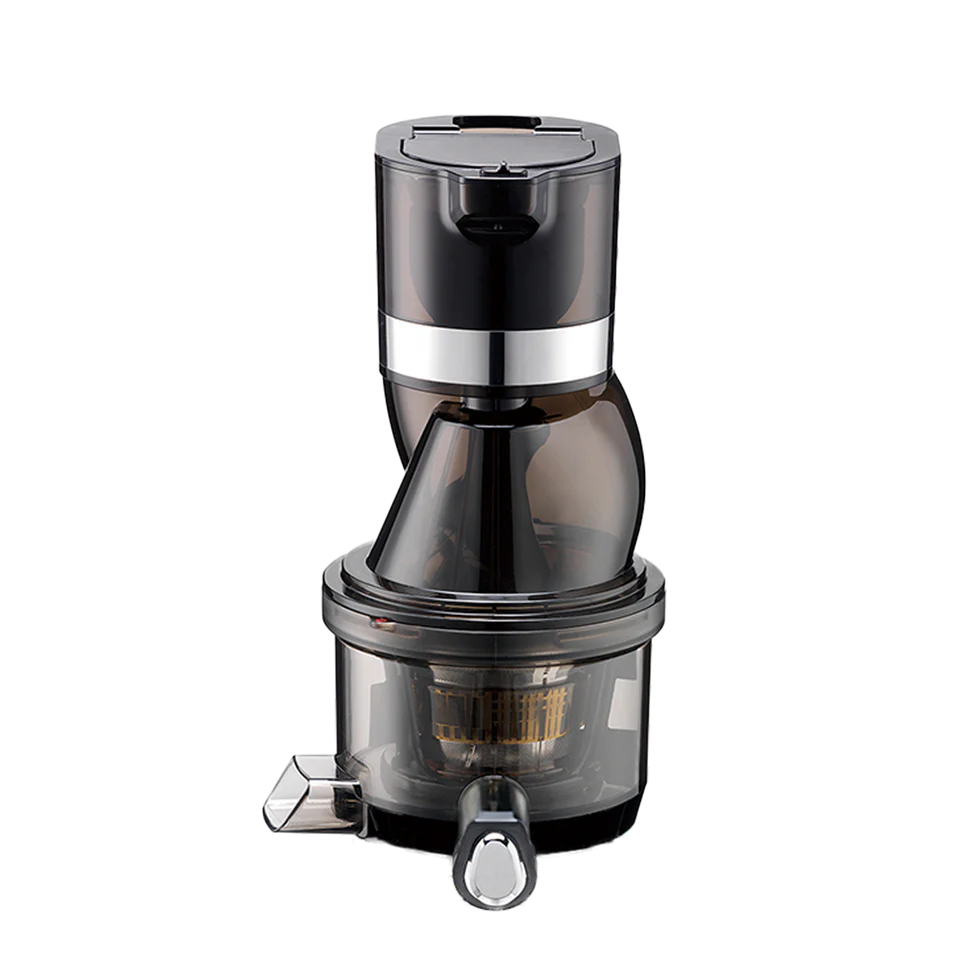Malaysia is a country rich in culinary traditions and biodiversity, with a cuisine that heavily depends on herbs and spices. These ingredients have been used for generations in traditional medicine due to their amazing health advantages, even beyond their ability to enhance taste and scent in food. The natural health benefits of Malaysian herbs and spices range from improving immunity to aiding with digestion. Let's examine the health advantages of some of the most often utilised herbs and spices in Malaysia.

Turmeric (Kunyit)
Turmeric, or kunyit, is a bright yellow spice commonly used in Malaysian curries and rice dishes. It contains curcumin, a compound known for its potent anti-inflammatory and antioxidant properties. Regular consumption of turmeric can help reduce inflammation, lower the risk of chronic diseases, and improve heart health. Turmeric is also believed to aid in digestion and liver function. In traditional medicine, turmeric is often used as a natural remedy for skin conditions and wound healing due to its antibacterial properties.

Lemongrass (Serai)
Lemongrass, known as serai in Malay, is a fragrant herb used to flavour soups, teas, and curries. It has a refreshing, citrussy aroma that not only enhances the flavour of dishes but also provides numerous health benefits. Lemongrass is known for its ability to aid digestion, relieve bloating, and act as a natural diuretic. It also has anti-fungal, anti-bacterial, and anti-inflammatory properties. In traditional medicine, lemongrass is used to treat colds, headaches, and stress, as its calming effects help to relax the body and mind.

Ginger (Halia)
Ginger, or halia, is a versatile spice found in many Malaysian dishes, from savoury to sweet. It is well-known for its anti-nausea properties, making it a popular remedy for motion sickness and morning sickness during pregnancy. Ginger contains gingerol, a bioactive compound with powerful anti-inflammatory and antioxidant effects. Consuming ginger regularly can help reduce muscle pain, improve digestion, and lower blood sugar levels. Its warming properties make it an effective remedy for colds and flu, often prepared as a soothing tea.

Galangal (Lengkuas)
Galangal, known as lengkuas in Malay, is a root similar to ginger but with a distinct, peppery flavor. It is a key ingredient in many traditional Malaysian dishes, such as laksa and rendang. Galangal is known for its anti-inflammatory and antioxidant properties, which can help boost the immune system and protect against infections. It is also used to improve digestion, relieve stomach discomfort, and treat respiratory issues like coughs and colds. In traditional medicine, galangal is valued for its ability to improve circulation and enhance skin health.

Cinnamon (Kulit Kayu Manis)
Cinnamon, or kulit kayu manis, is a commonly used spice in both sweet and savoury Malaysian dishes. It is known for its ability to regulate blood sugar levels, making it beneficial for individuals with type 2 diabetes. Cinnamon has powerful antioxidant properties that help reduce inflammation and protect against heart disease. It is also used to improve digestion, boost metabolism, and relieve cold symptoms. A warm cup of cinnamon tea is often enjoyed for its comforting and health-boosting properties.
Malaysian herbs and spices are not just about adding flavour to food; they are powerful ingredients that offer a range of health benefits. You can improve your general well-being, avoid sickness, and enjoy better wellness by using these natural cures in your regular diet.
So, the next time you're in the kitchen, reach for these traditional Malaysian herbs and spices and let their health-boosting properties work wonders for you!
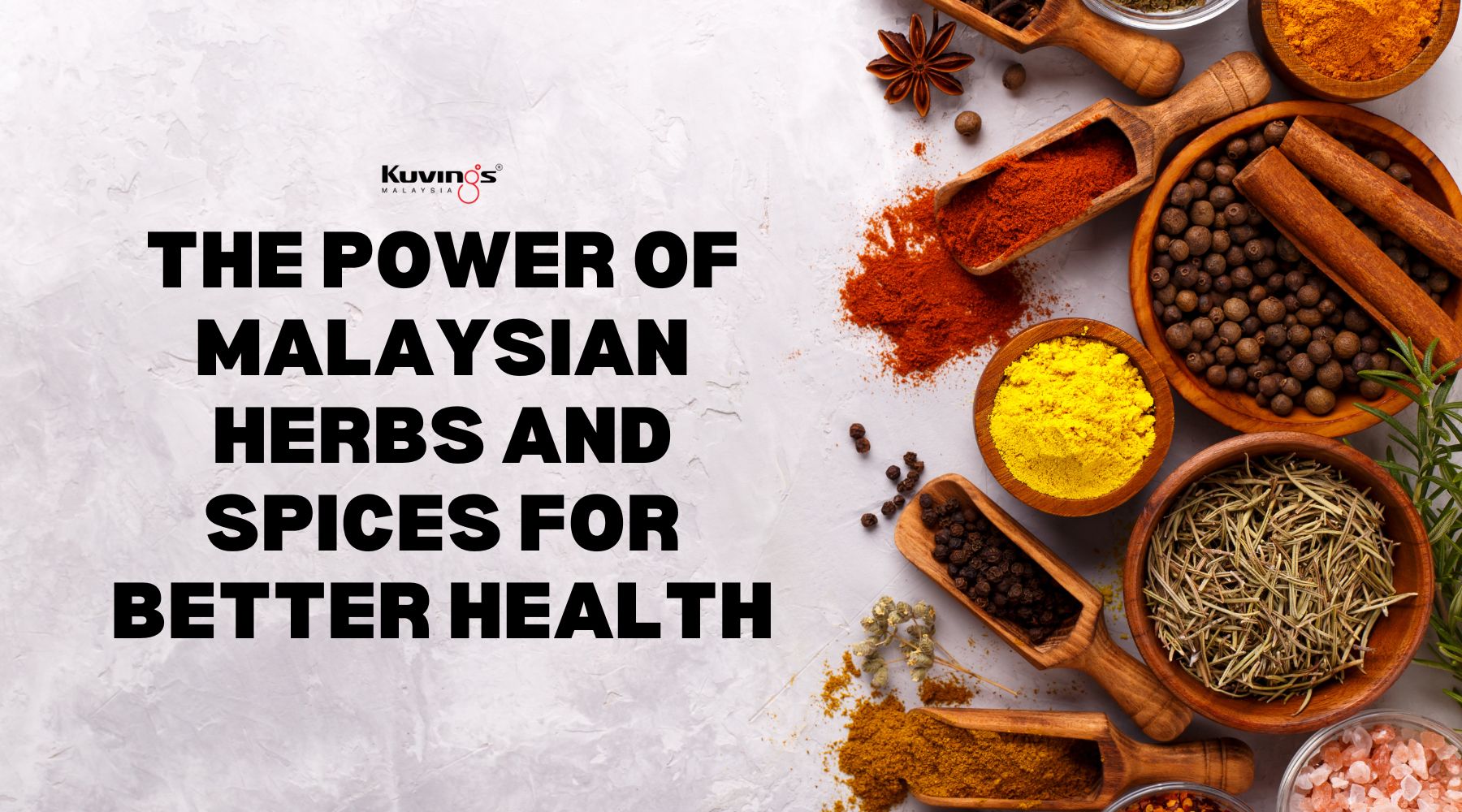
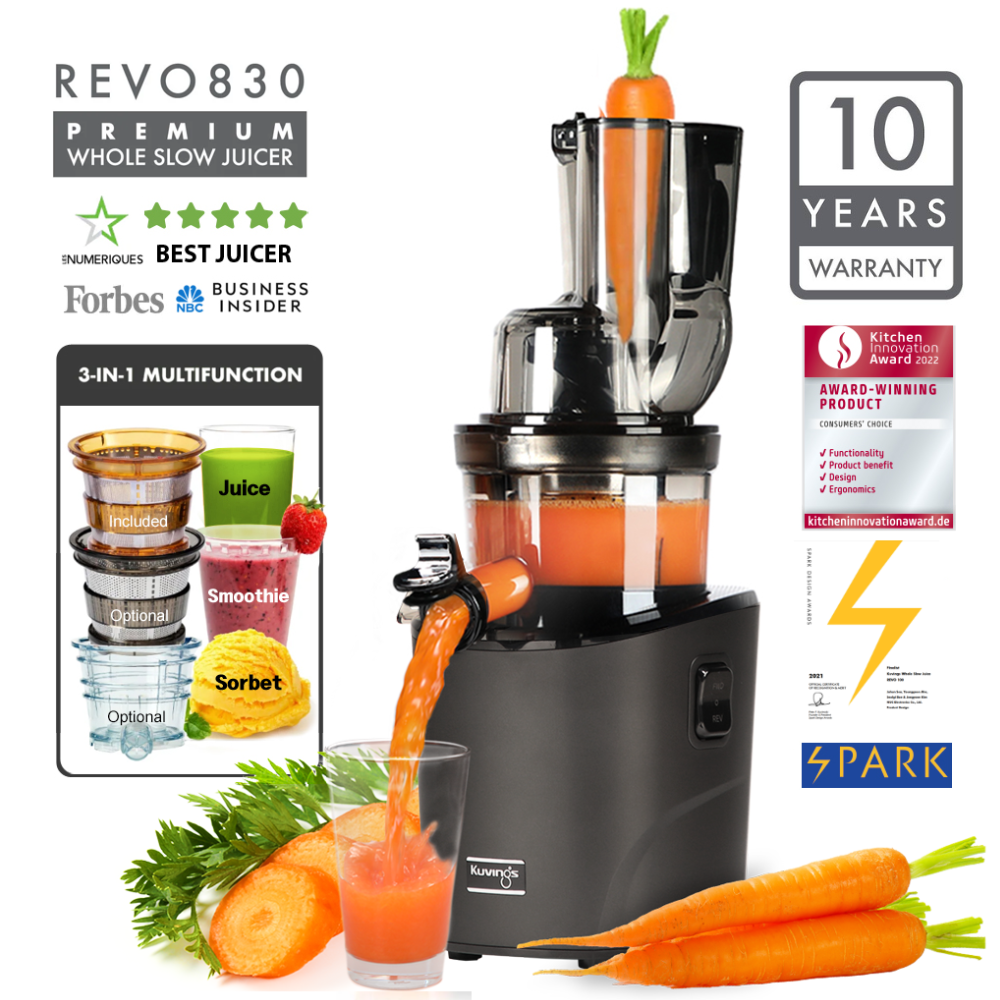
![[NEW] REVO830 Whole Slow Juicer "The Dark Knight" - Kuvings.my](http://kuvings.my/cdn/shop/files/REVO830_multi-function.webp?v=1771482539&width=1200)
![[NEW] REVO830 Whole Slow Juicer "The Dark Knight" - Kuvings.my](http://kuvings.my/cdn/shop/files/contents_compare_01_360x_677de4d1-1209-4ada-b8e3-d1445cee5e84.webp?crop=region&crop_height=360&crop_left=0&crop_top=0&crop_width=360&v=1771482539&width=360)
![[NEW] REVO830 Whole Slow Juicer "The Dark Knight" - Kuvings.my](http://kuvings.my/cdn/shop/files/cold-press-juice_00.jpg?v=1771482539&width=1200)
![[NEW] REVO830 Whole Slow Juicer "The Dark Knight" - Kuvings.my](http://kuvings.my/cdn/shop/files/sub_buying-guide_05_9f06c62f-683c-4247-8c93-efb0111660e5.jpg?crop=region&crop_height=920&crop_left=15&crop_top=0&crop_width=920&v=1771482539&width=950)
![[NEW] REVO830 Whole Slow Juicer "The Dark Knight" - Kuvings.my](http://kuvings.my/cdn/shop/files/IndyBest_banner.jpg?v=1771482539&width=1080)
![[NEW] REVO830 Whole Slow Juicer "The Dark Knight" - Kuvings.my](http://kuvings.my/cdn/shop/files/REVO830_1080x1080_773ec9d9-75c2-495e-b256-6d01ef58ba78.jpg?v=1771482539&width=1080)
![[NEW] REVO830 Whole Slow Juicer "The Dark Knight" - Kuvings.my](http://kuvings.my/cdn/shop/files/EVO820REVO830_1080x1080-_1.jpg?v=1771482539&width=1080)
![[NEW] REVO830 Whole Slow Juicer "The Dark Knight" - Kuvings.my](http://kuvings.my/cdn/shop/files/2022_revo-und-evo_02.jpg?v=1771482539&width=1000)
![[NEW] REVO830 Whole Slow Juicer "The Dark Knight" - Kuvings.my](http://kuvings.my/cdn/shop/files/REVO830_01_540x_636872b5-787d-48dc-a4f6-0d006b49a63f.webp?v=1771482539&width=540)
![[NEW] REVO830 Whole Slow Juicer "The Dark Knight" - Kuvings.my](http://kuvings.my/cdn/shop/files/shopping.webp?v=1771482539&width=600)
![[NEW] REVO830 Whole Slow Juicer "The Dark Knight" - Kuvings.my](http://kuvings.my/cdn/shop/files/2L9A7313-e1690867035583-700x751.jpg?crop=region&crop_height=700&crop_left=0&crop_top=0&crop_width=700&v=1771482539&width=700)
![[NEW] REVO830 Whole Slow Juicer "The Dark Knight" - Kuvings.my](http://kuvings.my/cdn/shop/files/kuvings-whole-slow-juicer-revo830-black-revo830b_main_kitchen_innovation_1667x_64f4e0fc-2684-4f8f-af3b-8aeb0a3cca04.webp?v=1771482539&width=1000)
![[NEW] REVO830 Whole Slow Juicer "The Dark Knight" - Kuvings.my](http://kuvings.my/cdn/shop/files/SNS-REVO830-Lifestyle-62-1-1-Revised0.jpg?v=1771482539&width=990)
![[NEW] REVO830 Whole Slow Juicer "The Dark Knight" - Kuvings.my](http://kuvings.my/cdn/shop/files/REVO830-wholeslowjuicer-coldpress3.webp?v=1771482539&width=900)
![[NEW] REVO830 Whole Slow Juicer "The Dark Knight" - Kuvings.my](http://kuvings.my/cdn/shop/files/3_bf54f2a4-1c87-4015-94d7-3b7e7de053f6.png?crop=region&crop_height=461&crop_left=0&crop_top=0&crop_width=461&v=1771482539&width=461)







